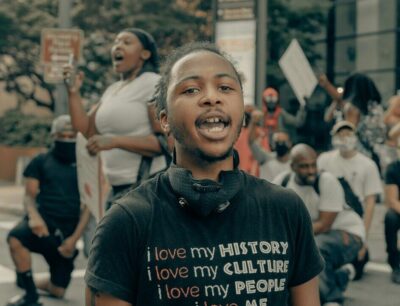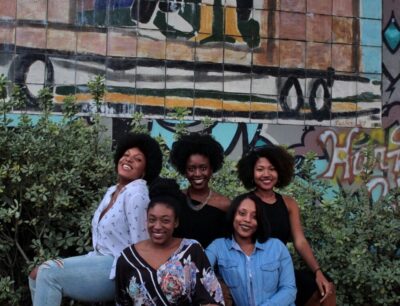What Black History Month means to Black Immigrant Youth Leaders
Youth Friendly APATHY IS BORING organization spoke with young people from Afro Women and Youth Foundation about what Bla

Youth Friendly APATHY IS BORING organization spoke with young people from Afro Women and Youth Foundation about what Bla

I started Afro Women and Youth Foundation because of my daughter’s experience in an Ontario school between 2016 – 20
